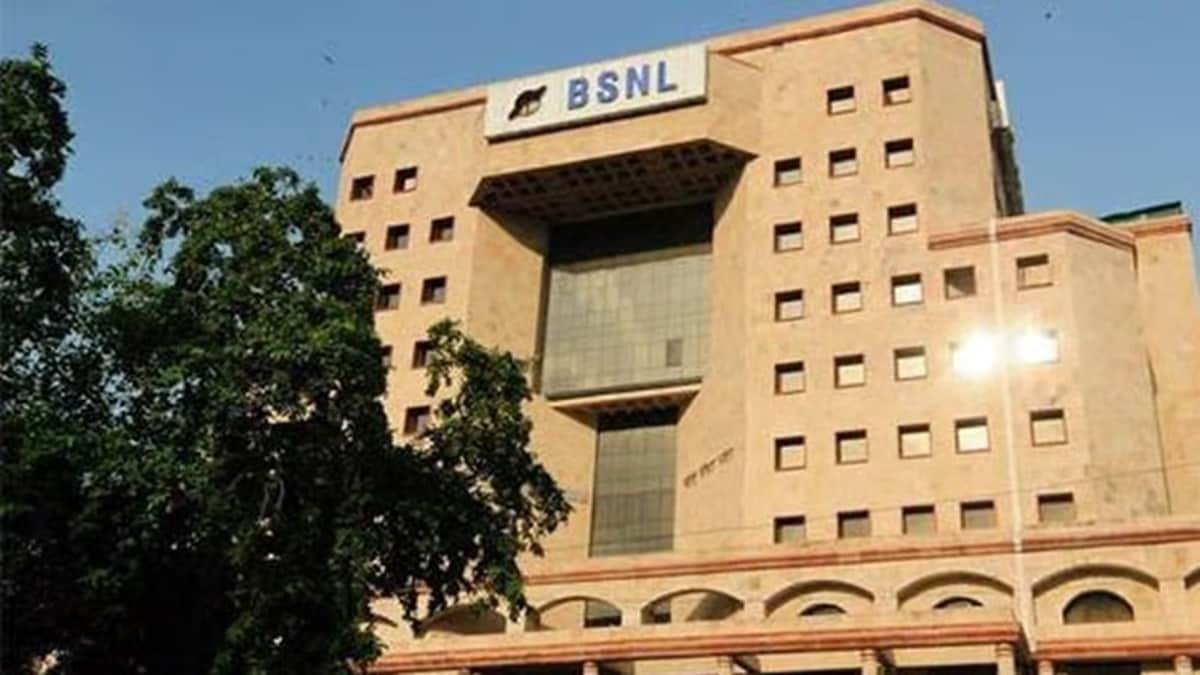State-owned Bharat Sanchar Nigam (BSNL) reported a quarterly net profit of Rs 262 crore in the October-December period — the first time in 17 years — primarily due to a sharp reduction in depreciation and amortisation expenses, along with an increase in other income. According to analysts, going forward the company will have to focus on improving its core operations for a sustainable financial turnaround or long-term profitability.
A significant 48% quarter-on-quarter (QoQ) and 44% year-on-year (YoY) drop in depreciation and amortisation expenses to Rs 814 crore was a key factor behind BSNL’s return to profitability. This alone led to a Rs 766 crore reduction in expenses compared to the previous quarter and Rs 629 crore compared to the same period last year.
Depreciation refers to the reduction in asset value over time. In telecom, this includes the writing down of spectrum, property, plant, and equipment. In the latest quarter, BSNL reversed around Rs 100 crore in amortisation on intangible assets and reduced depreciation on its property and plant.
“During the current quarter, the company has changed the method of amortisation of spectrum fees (intangible asset) from straight line method (SLM) to the Unit Based Amortisation Method (UBAM) prospectively, with effect from the beginning of the current financial year (2024-25),” BSNL said.
The company added that the UBAM is expected to provide more accurate reflection of cost allocation, matching with the consumption of economic benefits derived from the spectrum utilisation.
According to analysts, BSNL may have previously overestimated its spectrum depreciation and has now reversed part of those costs, thus improving its financials.
“This should be seen largely as an accounting adjustment. The company might have overcharged depreciation/amortisation earlier, which could have led to understatement of spectrum value,” an analyst from a leading brokerage said.
They added that once BSNL stops this practice, it could slip back into losses, as the reduction in non-cash expenses does not reflect a fundamental improvement in financial health.
BSNL also managed to lower its employee costs, a major component of its overall expenses. Employee benefit expenses fell 16.3% QoQ and 14% YoY to Rs 1,735 crore.
The company has capitalised part of employees cost as capital work-in-progress, shown in the balance sheet rather than showing it under profit and loss statement. This means that the employees who are engaged in developing assets for the company, their salaries are shown under capital work-in-progress. This is another major accounting adjustment of Rs 300 crore, analysts said.
“Employee costs account for about 35% of BSNL’s operating revenue. A Rs 300 crore reduction in this expense contributed significantly to its Q3 profitability,” another analyst noted, adding that future profits will largely depend on revenue growth and further cost controls.
Finance costs also declined 11.9% YoY and 0.6% QoQ to Rs 389 crore.
BSNL’s revenue from operations increased 2.7% QoQ and 9.3% YoY to Rs 4,973 crore. Additionally, its other income — including profit from the sale of assets — rose sharply by 91% QoQ and 38% YoY to Rs 707 crore, driven mainly by a Rs 421 crore write-back of excess provisions.
In its core business, BSNL’s consumer mobility revenue rose 14% QoQ and 11% YoY to Rs 2,060 crore, aided by tariff hikes by private players, which temporarily shifted some users to BSNL. However, analysts noted that many of these users are now migrating back to private operators due to BSNL’s weaker service quality.
Meanwhile, revenue from the enterprise segment declined 9% QoQ and 7% YoY to Rs 1,147 crore, while consumer fixed access revenue remained largely flat at Rs 1,766 crore.
BSNL aims to complete its 4G rollout by mid-2024 and has installed over 65,000 4G sites nationwide. As of November-end, its subscriber base stood at 92.05 million.
Since 2019, the government has announced three revival packages worth Rs 3.2 lakh crore for BSNL and MTNL. Recently, the Cabinet approved an additional Rs 6,000 crore for BSNL’s 4G rollout.
In FY24, BSNL’s revenue from operations stood at Rs 19,344 crore, and the company aims to increase it by over 20% in FY25. It is also targeting a 25% market share in the mobile segment by next year.
Analysts said that unless BSNL sustains revenue growth and cost efficiencies without relying on accounting adjustments, its profitability may be short-lived.








